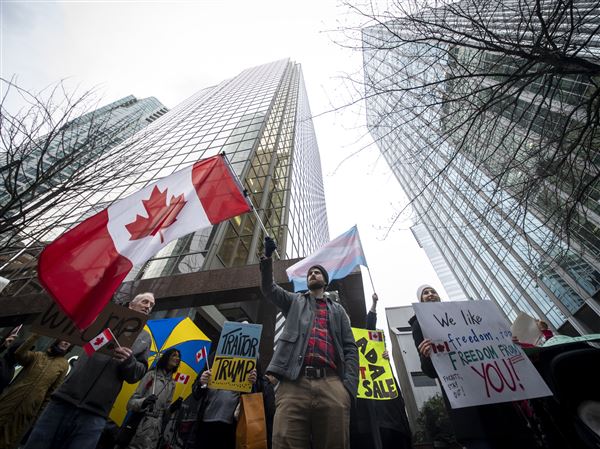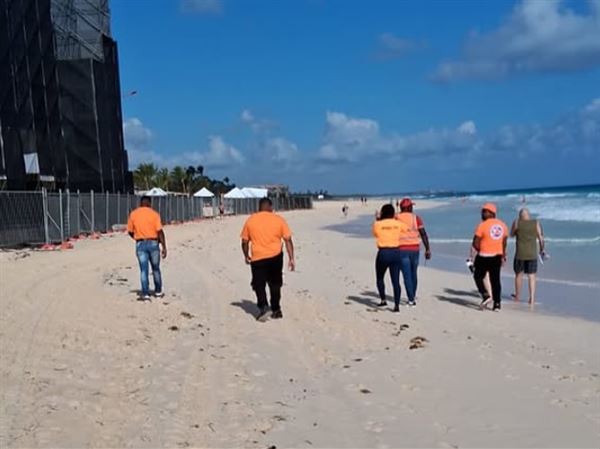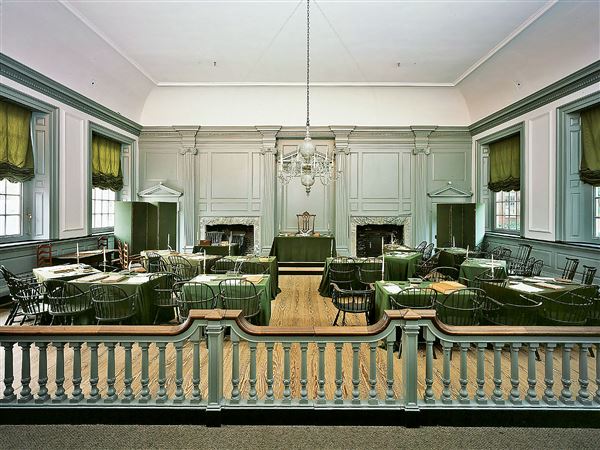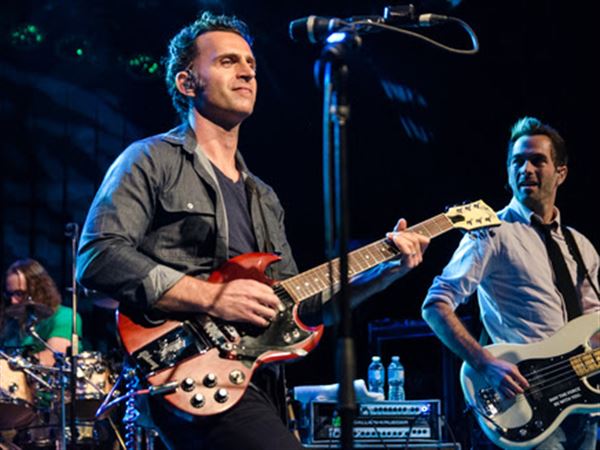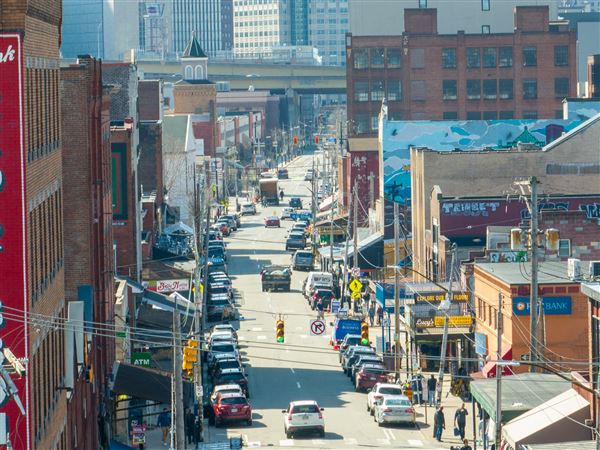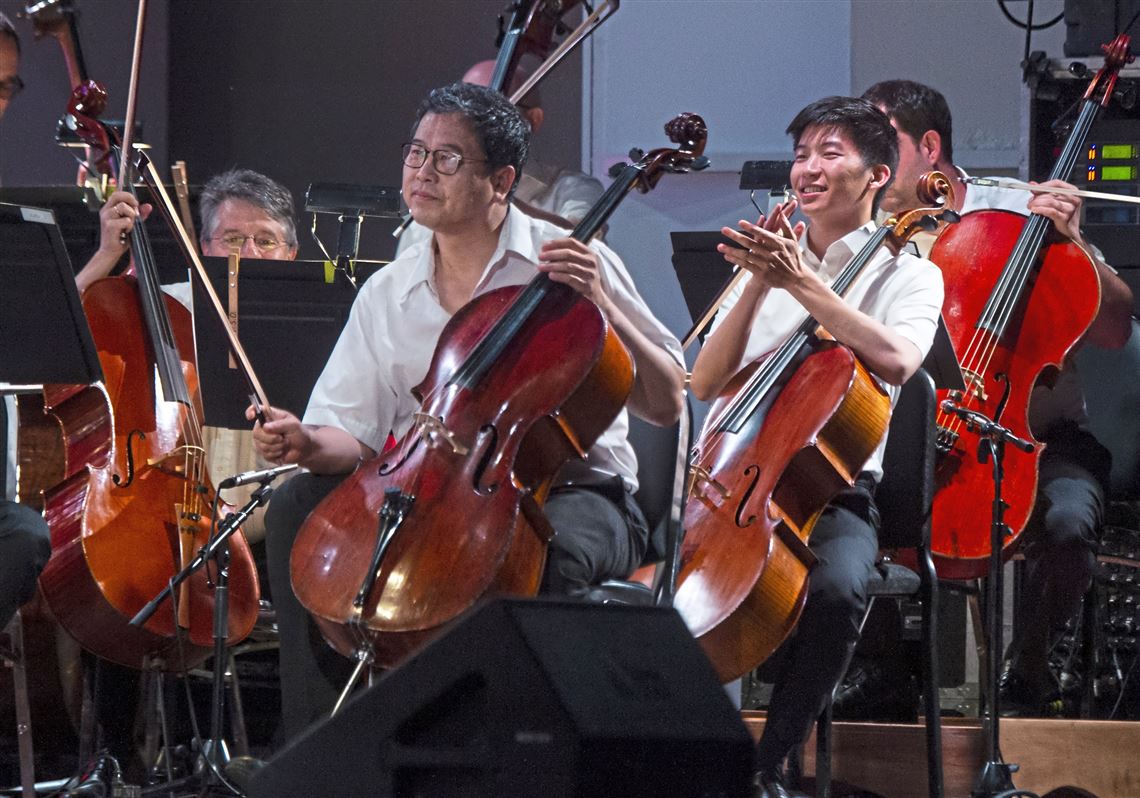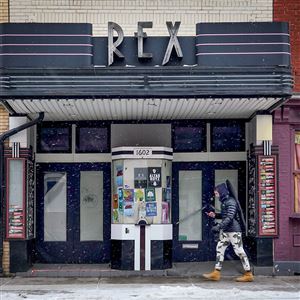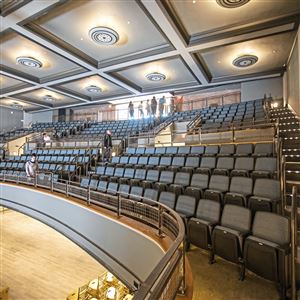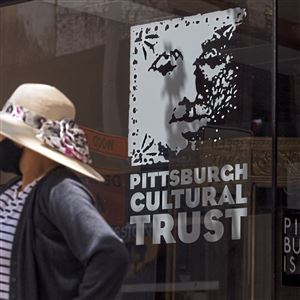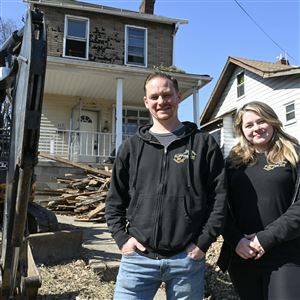After months of delays, millions of dollars in government grants are pouring into the region’s cultural institutions.
The Pittsburgh Cultural Trust, Carnegie Museums of Pittsburgh and Pittsburgh Symphony Orchestra are the largest local recipients of Shuttered Venue Operators Grants provided by the U.S. Small Business Administration. To date, the federal government has awarded more than $7.5 billion in grants nationally to 10,000-plus live entertainment small businesses, nonprofits and venues impacted by the pandemic.
Locally, the amounts range from $8 million for the Pittsburgh Cultural Trust to nearly $13,000 for Resonance Works and other small organizations. In between are a variety of theater companies, movie theaters, venues, promoters, museums and others, including Pittsburgh CLO, National Aviary, Roxian, Spirit, Pittsburgh Irish Festival and River City Brass. Here is a complete list of local grants.
“This money was essential,” said Melia Tourangeau, president and CEO of the Pittsburgh Symphony Orchestra, which received more than $3.5 million.
The orchestra will use the cash to cover general operating expenses as the new season begins in the fall, she said.
“It’s going to help us survive next year. Orchestra salaries are returning to 2019-20 [season] rates, and we’re restoring the staff because we’re getting back to work. This is bridge money to get us back moving after a year of no revenue.”
The SBA has a budget of $16.2 billion for grants via the Economic Aid to Hard-Hit Small Businesses, Nonprofits and Venues Act and the American Rescue Plan Act that was passed by Congress in December.
At least $2 billion is reserved for eligible SVOG applicants with up to 50 full-time employees. They were able to qualify for grants equal to 45% of their gross earned revenue up to a maximum of $10 million for a single grant.
The Pittsburgh Irish Festival received $251,358.
“After facing a devastating flood forcing us to cancel most of our main fundraiser in 2018, moving to a new location in 2019, and the pandemic forcing the cancellation of the 2020 Pittsburgh Irish Festival, the funds have allowed us to maintain our operations and keep the lights on during a time period with little to no revenue,” Mairin Petrone, the Irish Festival’s executive director, said in an email.
She added that she applauded “the hard work of the Pittsburgh Chapter of NIVA [National Independent Venue Association] for their efforts.”
The Thunderbird Cafe and Music Hall in Lawrenceville was closed for a three-year renovation that transformed it from a bar with a stage to a grand showcase venue. It opened in July 2019 only to close again when the pandemic hit. Thunderbird is receiving a $662,726 grant to cover lost revenue from 2020.
“While we reduced costs wherever we could during the COVID shutdown, we still had bills to pay and a future to plan for,” said entertainment director Greg Ray. “We deferred payments on our debts and bills as much as we could and we owe a great debt of gratitude to all the financial institutions, businesses and vendors that worked with us. A portion of the grant funds will go to pay these very patient organizations back.”
He said the grant “also allows us to hire our previous staff back and hire and train new staff members well before we will have the bulk of the revenue coming in for the fall touring shows.”
Some organizations received Payment Protection Program loans at the end of 2020 or this year. That amount was deducted from the amount of grant funding they could receive. Pittsburgh Opera, for example, received a $645,000 PPP loan that will likely be forgiven, which reduced the amount of their SVOG to just over $12,000.
“We’ve earmarked the grant to help us pay for the Benedum rental for ‘The Magic Flute’ in November,” said Robert Rak, director of finance and administration at Pittsburgh Opera. “The government grants and loans are wonderful, but you can’t double dip any of these expenses.”
The grants are earmarked for payroll, rent, mortgage and utility payments, scheduled debt payments, worker protection expenditures, payments to independent contractors, maintenance and administrative costs, state and local taxes, insurance, operating leases in effect as of Feb. 15, 2020, advertising, production transportation and capital expenditures related to producing a theatrical or live performing arts production.
They may not be used to buy real estate, make payments on loans originated after Feb. 15, 2020, make investments or loans or make political contributions.
Some groups, like the River City Brass, would not have been able to return fully in the fall without such funding.
“Surviving COVID-19 was one thing, but coming out of the pandemic is a whole other ball game,” said James Gourley, artistic and general director of the ensemble. He also said that he might have had to reduce the band from its full complement of 28 players without the $107,000 grant the organization received.
Some local applicants like Drusky Entertainment are awaiting notice of their grants. The Small Business Administration, which has faced criticism over a tedious application process, crashes of its application portal and other issues, says they are working as fast as possible.
“After making improvements to the Shuttered Venue Operators Grant program, the SBA is now delivering money quickly, efficiently and fairly to highly impacted small businesses and venue operators that are critical to America’s cultural fabric and local economies,” SBA Administrator Isabel Casillas Guzman said in a statement.
Jeremy Reynolds: jreynolds@post-gazette.com; Scott Mervis: smervis@post-gazette.com.
First Published: July 28, 2021, 3:55 p.m.

